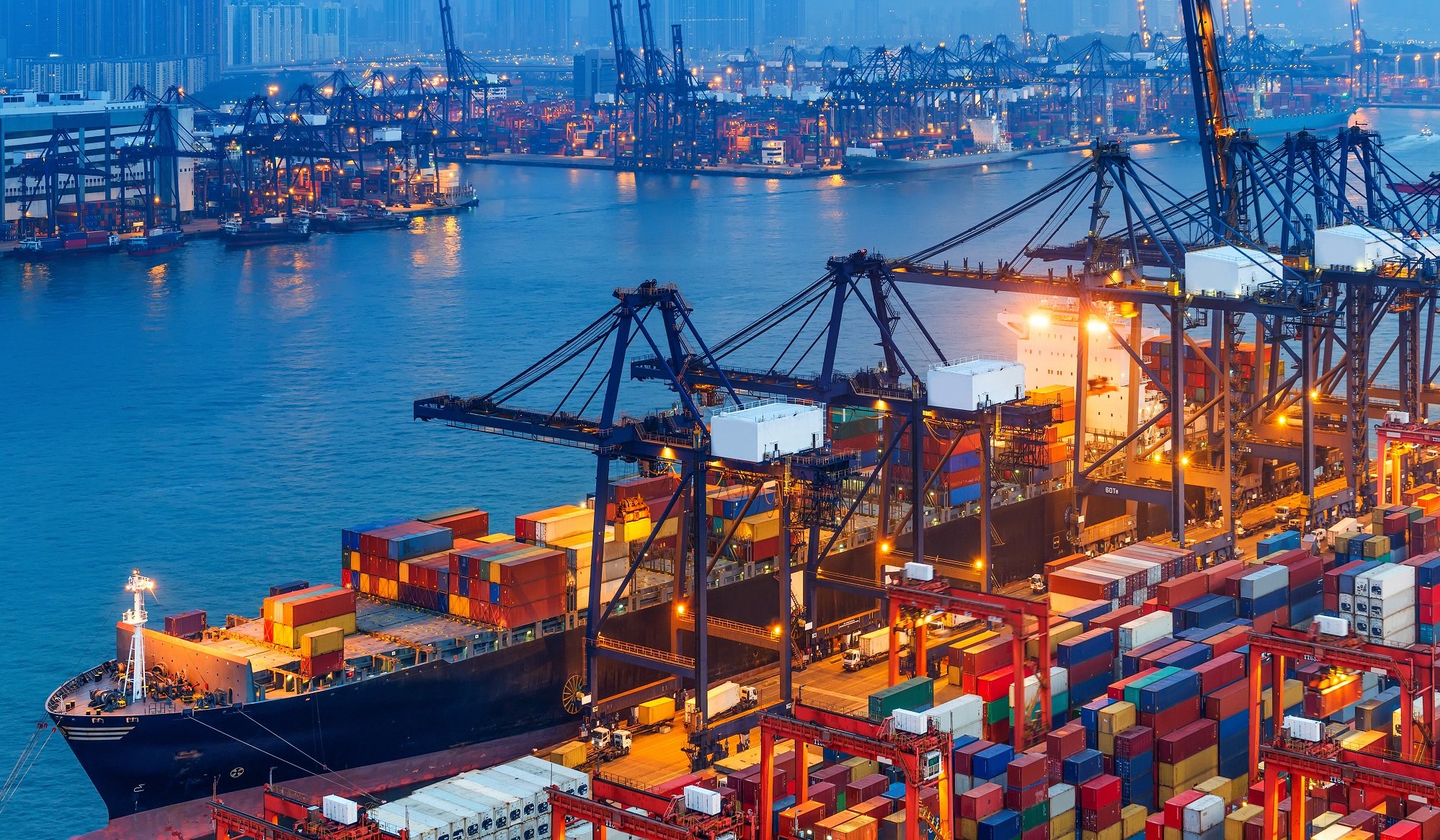The judgment, handed down in late July 2025, has sent shockwaves through the global maritime industry, with the London P&I Club calling it “an extraordinary and deeply troubling turn of events” that potentially undermines fundamental principles of maritime law.
At the heart of the dispute is the continued detention of the vessel’s Master, who has been unable to leave Sri Lanka for four and a half years due to a court-ordered travel ban. X-Press Feeders notes that despite offering to deposit the maximum possible fine for the charges he faces, the Master “remains in limbo, separated from his family and unable to resume his life or career”.
The case stems from the May-June 2021 incident when the X-Press Pearl caught fire and subsequently sank off Sri Lanka’s coast. The vessel was carrying 1,486 containers, including 25 tons of nitric acid loaded in India, along with 297 tonnes of Heavy Fuel Oil and 51 tonnes of Marine Fuel Oil. The fire reportedly originated from a leaking nitric acid container one day after the vessel’s arrival.
X-Press Feeders highlights what it considers a fundamental injustice in the court’s decision, noting that the judgment “effectively pronounced the vessel’s Master and local Agents guilty of criminal charges before their trials have concluded.” The company further claims the court is using these individuals as “human collateral to ensure the compliance of the owners and operators”.
James Bean, CEO of The London P&I Club, expressed particular concern about the procedural aspects of the case, stating that the court levied “a staggering interim payment of USD 1 billion, despite having heard no witness testimony, admitted no expert evidence, and allowed no cross-examination of facts.”
One of the most contested aspects of the ruling concerns the rejection of limitation of liability principles that form cornerstones of international maritime conventions. Bean characterized this as “throw[ing] out these principles is to reject the very legal architecture that keeps international shipping – and by extension global trade and commerce – functioning.”
The shipping company also points to what it sees as an unbalanced assessment of responsibility, arguing that the court “exonerates the actions of the Harbour Master and Director General of Merchant Shipping, despite their own experts boarding and inspecting the vessel and raising no alarm or immediate reason for concern, more than a week before the X-Press Pearl sank.” X-Press Feeders further claims that three ports—in Qatar, India, and Sri Lanka—refused the vessel’s pleas to offload the problematic container before the fire started.
The environmental impact of the incident was undeniably severe, with microplastic granules covering 80km of Sri Lanka’s western coast and halting fishing activities for months. X-Press Feeders states it has already paid over $150 million “to remove the wreck, remove nurdles from the beaches, and compensate the affected fishermen.”
Adding to the legal complexity, The London P&I Club notes that proceedings related to the X-Press Pearl are simultaneously ongoing in Singapore—initiated by the Sri Lankan Government’s own appointed representatives—creating what Bean describes as “a fragmented and chaotic legal landscape.” This parallel case appears to be on hold pending a London court decision, where the company had previously secured an admiralty court order limiting their liability to £19 million (approximately $25 million).
The ruling comes at a critical juncture for global shipping, already navigating complex regulatory environments and trade tensions. X-Press Feeders warns that the precedent set by this judgment “establishes an unprecedented level of risk” that could potentially impact Sri Lankan trade through increased import-export costs.





